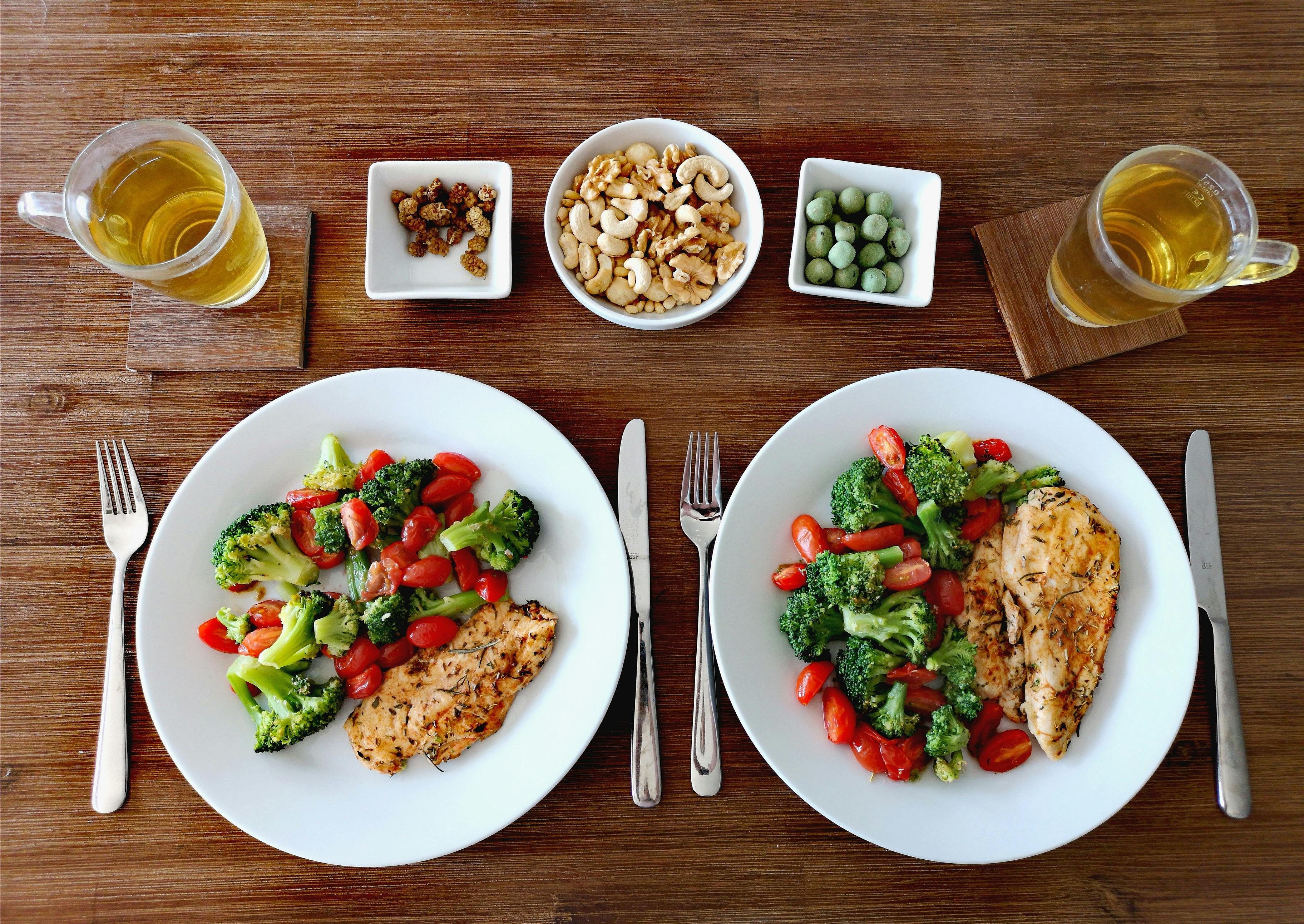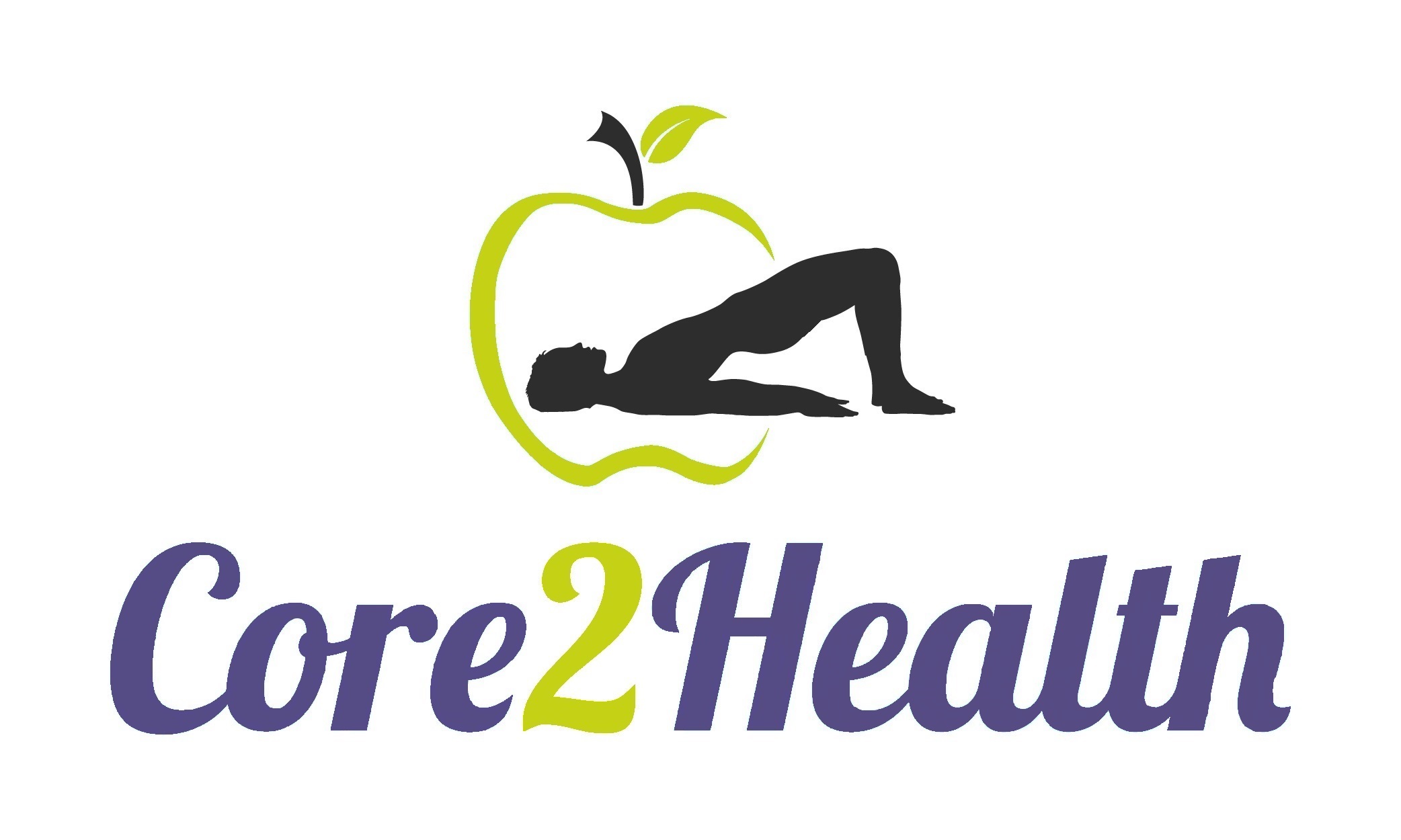Chicken Breast Nutrition vs Chicken Thigh Nutrition:
Finding the Perfect Fit for Your Diet

When it comes to protein-rich meals, chicken is often a top choice for many health-conscious individuals. But the question often arises: which is better, chicken breast or chicken thigh? We'll dive into the details of chicken breast nutrition vs chicken thigh nutrition. Whether you're following a specific diet or simply seeking balanced nutrition, understanding these differences can help you make the best choice for your health goals.
Understanding the Basics
Chicken Breast Nutrition: Known for its lean profile, chicken breast is a favorite among those adhering to low-fat diets, bodybuilding, and weight-loss programs. A typical skinless, boneless chicken breast is low in fat and high in protein, making it ideal for muscle building and maintenance. It provides about 165 calories, 31g of protein, and only 3.6g of fat per 100g serving.
Chicken Thigh Nutrition: Chicken thighs tend to be juicier and more flavorful due to their higher fat content. This cut is popular in keto and paleo diets where higher fat consumption aligns with the dietary goals. In comparison, a skinless chicken thigh contains around 209 calories, 26g of protein, and 10.9g of fat per 100g serving. Added fat can offer more satiety and flavor.
Health Benefits of Eating Chicken

Chicken, in any cut chosen, offers an impressive nutritional profile full of high-quality protein, indispensable for muscle repair and growth. Protein is one of the most crucial macro-nutrients for anyone active or health-conscious. It not only supports muscle building, maintaining lean muscle mass, and recovery post-exercise but also significantly contributes to cellular repair across the body. For athletes and fitness enthusiasts, chicken provides the much-needed amino acids that the body uses to repair muscle fibers broken down during intense workouts. Furthermore, protein helps in the production of enzymes and hormones, which are critical for bodily functions. The consumption of protein-rich foods like chicken is essential for sustaining energy levels, supporting metabolism, and achieving the desired satiety, making it less likely to overeat during meals.
Besides its protein content, chicken is endowed with several essential nutrients that play vital roles in maintaining health and preventing deficiencies. Notably, it contains B vitamins, like niacin and vitamin B6, that are vital to energy production. These vitamins help convert food into usable fuel within the body, enabling efficient energy utilization which is crucial for maintaining an active lifestyle. Selenium, another nutrient found in chicken, contributes significantly to the body's antioxidant defense system. It helps combat oxidative stress by reducing free radicals and thereby lowering the risk of chronic diseases. Integrating chicken into a balanced diet not only offers these nutritional benefits but also supports overall health through crucial micro-nutrients that are sometimes overlooked in dietary planning. By making chicken a regular part of meal prep, individuals can ensure they receive these essential nutrients required for optimal health and performance.
Why is Chicken a Healthy Protein Option?
Opting for chicken as your primary source of protein can have several advantages:
- Lean Protein: Chicken, especially the breast, offers high protein with low-fat content, suitable for those managing weight or building muscle.
- Versatile: It can be incorporated into various cuisines and diets from Mediterranean to low-carb plans.
- Nutrient-rich: It provides essential nutrients required for overall well-being.
Chicken Breast Nutrition vs Chicken Thigh Nutrition: Diet Compatibility
Different diets emphasize different macro-nutrient needs:
- High-protein diets, like bodybuilding diets, often prefer chicken breast given its higher protein-to-fat ratio.
- Low-carb, high-fat diets, such as keto, may lean toward chicken thighs to meet fat intake requirements without excess carbs.
- Balanced diets, promoting overall health, can benefit from both cuts depending on meal timing and nutrient needs.
How to Incorporate Chicken into Your Diet

Incorporating chicken into your meal plan is straightforward and adaptable to a wide range of dietary preferences and requirements. Chicken is a versatile protein that can be prepared in numerous ways, offering delicious, healthy options suitable for any meal. For those seeking lean proteins, chicken breast can be grilled, baked, or stir-fried to perfection, making it an excellent addition to salads, sandwiches, or as a star ingredient in a main course. Its mild flavor pairs well with a variety of herbs, spices, and marinades, allowing you to customize dishes to your taste while keeping calorie intake in check.
On the other hand, chicken thighs, celebrated for their richer flavor and tender texture, are ideal for heartier dishes. They shine in stews, curries, or baked meals where their natural juiciness enhances the overall dish. Their higher fat content provides an intrinsic flavor depth, making them perfect for slow-cooked meals that require robust taste and succulence. Whether it's a spicy curry, a comforting stew, or a savory bake, chicken thighs bring both flavor and nutritional benefits, providing a satisfying meal that's both wholesome and delicious. By diversifying your cooking methods and incorporating these different cuts, chicken can fit seamlessly into a variety of diet plans, whether you're aiming for weight loss, muscle building, or simply enjoying nutritious meals.
Are There Any Negative Aspects of Eating Chicken?

While chicken is a superb protein source, there are considerations to keep in mind:
- Quality Matters: Opt for organic or free-range chickens to avoid antibiotics and hormones often found in conventional farming.
- Cooking Methods: Frying chicken can add unhealthy fats and calories, which counteract its nutritional benefits.
- Variety in Diet: While chicken is beneficial, it’s vital to have a variety in protein sources to ensure comprehensive nutrient intake.
Who Should Incorporate Chicken into Their Diet?
Chicken fits well into the diets of:
- Athletes and Bodybuilders: For muscle growth and recovery thanks to its high protein content.
- Individuals on Weight-Loss Journeys: Due to its low-calorie but high satiety profile.
- Health-Conscious Individuals: Seeking to maintain balanced nutrition with adequate protein.
How Often Should You Eat Chicken?
Like any food, moderation is key. Depending on your dietary needs and nutritional goals, you might incorporate chicken several times a week. Balance is crucial, and alternating with other protein sources like fish, legumes, and plant-based proteins can optimize health benefits.
The choice between chicken breast nutrition vs chicken thigh nutrition largely depends on your specific dietary needs and preferences. By understanding the roles both cuts play in different diets, you can harness the comprehensive benefits of chicken in your own wellness journey. Whether grilled, baked, or stewed, chicken can be a delicious and nutritious part of a balanced, health-focused diet.
Connect with Us!
Stay inspired and informed by following us on social media. Get tips, motivation, and updates on all things Pilates, nutrition, and wellness. Join our community and take the next step towards a healthier, happier you!
